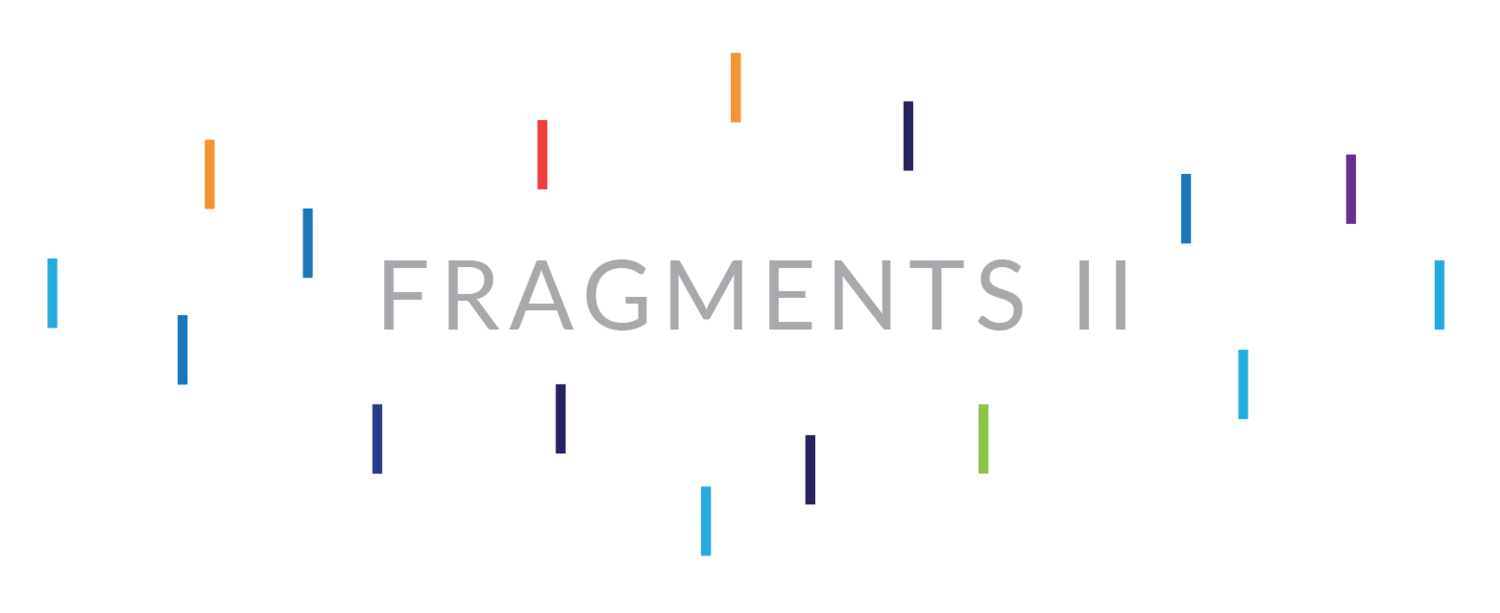School Admissions and the Illusion of Transparency
Back in 1998, Thomas Gilovich Victoria Medvec and Kenneth Savitsky published their research on the illusion of transparency in The Journal of Personality and Social Psychology.
Their basic thesis was that there is a cognitive bias that causes us to overestimate the degree to which people can read our emotional state. In other words, how much people know about us is generally much less than what we think they know about us.
So the good news is that the next time we feel nervous about delivering a speech, it is almost certainly the case that any anxiety we might feel is less obvious to the audience than we believe. Conversely, the bad news is that just because we know how we feel and what we think, we simply cannot assume that people around us are reading us correctly.
So why is any of this relevant to the business of school admissions?
My suggestion is simply that there is a cognitive bias that causes us to overestimate the degree to which families can "read" our schools.
Just because we know how learning happens in our schools, the values that inform our decision-making, and the organisational culture that conjures up that "feeling" of rootedness and belonging, doesn't automatically mean that families automatically pick that up from our website or school tour.
In the original 1998 study, the authors argue that the root cause of this "illusion" is the fact that we tend to be anchored to our own points-of-view and, most of the time, our attempts to adjust or place ourselves into the shoes of other people are insufficient.
So how do we overcome this illusion?
Clearly, there is no quick fix to total transparency. But here are five provocative ideas, just to get you started.
Stop assuming that your website is good enough to convey the soul of your school. Your mind is likely filling in the gaps with feelings, stories and experiences that a new family doesn't have access to.
Make a list of educational cliches or buzzwords, then remove them from all school communication. They only give the illusion that we are communicating anything meaningful.
Ensure that every family visit is more about asking questions than giving information. This active repositioning will help you disengage from your own point-of-view.
Be clear on the deep understanding that you want every family to know. Focus on that. Discard unimportant information. Continually reinforce what's important.
Slow down. Slow right down. Misreading a place, a person, a community is far more likely to happen when you are up against the clock. Fast food admissions only leads to information overload and a feeling of being "hungry" soon after.
Commenting on the illusion of transparency, a few years after the original research was published, Eliezer Yudkowsky wrote:
We always know what we mean by our words, and so we expect others to know it too. Reading our own writing, the intended interpretation falls easily into place, guided by our knowledge of what we really meant. It’s hard to empathize with someone who must interpret blindly, guided only by the words.
What is becoming clear to me now is that admissions begins by recognising that our words - don't always provide the transparent windows onto learning that we might have imagined.
And that it is time to reimagine.
Photo by Miguel Henriques on Unsplash




